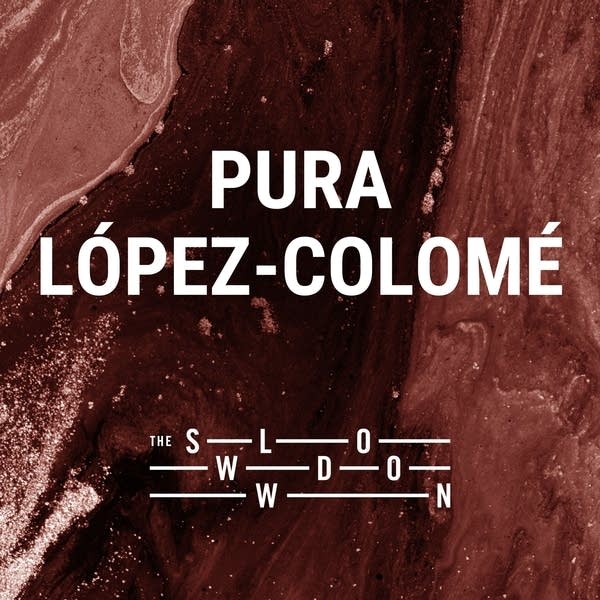1403: Echo by Pura López-Colomé, translated by Forrest Gander

1403: Echo by Pura López-Colomé, translated by Forrest Gander
TRANSCRIPT
I’m Maggie Smith, and this is The Slowdown.
As someone who loves words, I’m fascinated by translation. I’m lucky to have had my work translated into multiple languages—Korean, Dutch, German, Portuguese, and dozens of others, most of which I can’t read. (I can read a little Spanish and the tiniest bit of French, but that’s about it.) When I see a poem of my own translated, I have to trust that it says what I think it says. When a foreign edition of one of my books arrives, I flip through it, marveling at how the words are mine and yet…not mine.
I don’t have the skills to translate my own work—and translating poetry is an art as well as a skill. Translators have to think not only about meaning, but about sound—especially with poetry. The sounds and rhythms of words can vary greatly from language to language, so recasting a poem is tricky business.
For example, take the word heart in English, which in Spanish is corazón. The syllable count goes from one to three. The feeling of the word is different. The English word is quick and staccato, with hard sounds and a hard T to clip the word at the end. Heart. The Spanish word is more melodic, with a long vowel and a softer closing. Corazón. Swapping one for the other doesn’t change the meaning, but it certainly changes the sound!
I also think that all literature is translation, in a sense. We are taking what is in our minds and translating that into language—and that’s true in any language. I think there is always a gap between what we want to express and what we can articulate with words. Language can only say so much.
Today’s poem, translated skillfully and artfully from the original Spanish by Forrest Gander, opens with an epigraph from Emily Dickinson.
Echo
by Pura López-Colomé
translated by Forrest Gander
It would not sound so deep Were it a Firmamental Product— Airs no Oceans keep— —Emily Dickinson Afloat between your lens and your gaze, the last consideration to go across my gray matter and its salubrious deliquescence is whether or not I’ll swim, whether I’ll be able to breathe, whether I’ll live like before. I’m caught in the bubble of your breath. It locks me in. Drives me mad. Confined to speak alone, I talk and listen, ask questions and answer myself. I hum, I think I sing, I breathe in, breathe in and don’t explode. I’m no one. Behind the wall of hydrogen and oxygen, very clear, almost illuminated, you allow me to think that the Root of the Wind is Water and the atmosphere smells of salt and microbes and intimacy. And in that instant comes the low echo of a beyond beyond, a language archaic and soaked in syllables and accents suited for re-de-trans-forming, giving light, giving birth to melanin hidden within another skin: the hollow echo of the voice which speaks alone.
“Echo” by Pura Lopez-Colomé, translated by Forrest Gander from WATCHWORD © 2012 Forrest Gander. Used by permission of Wesleyan University Press.


